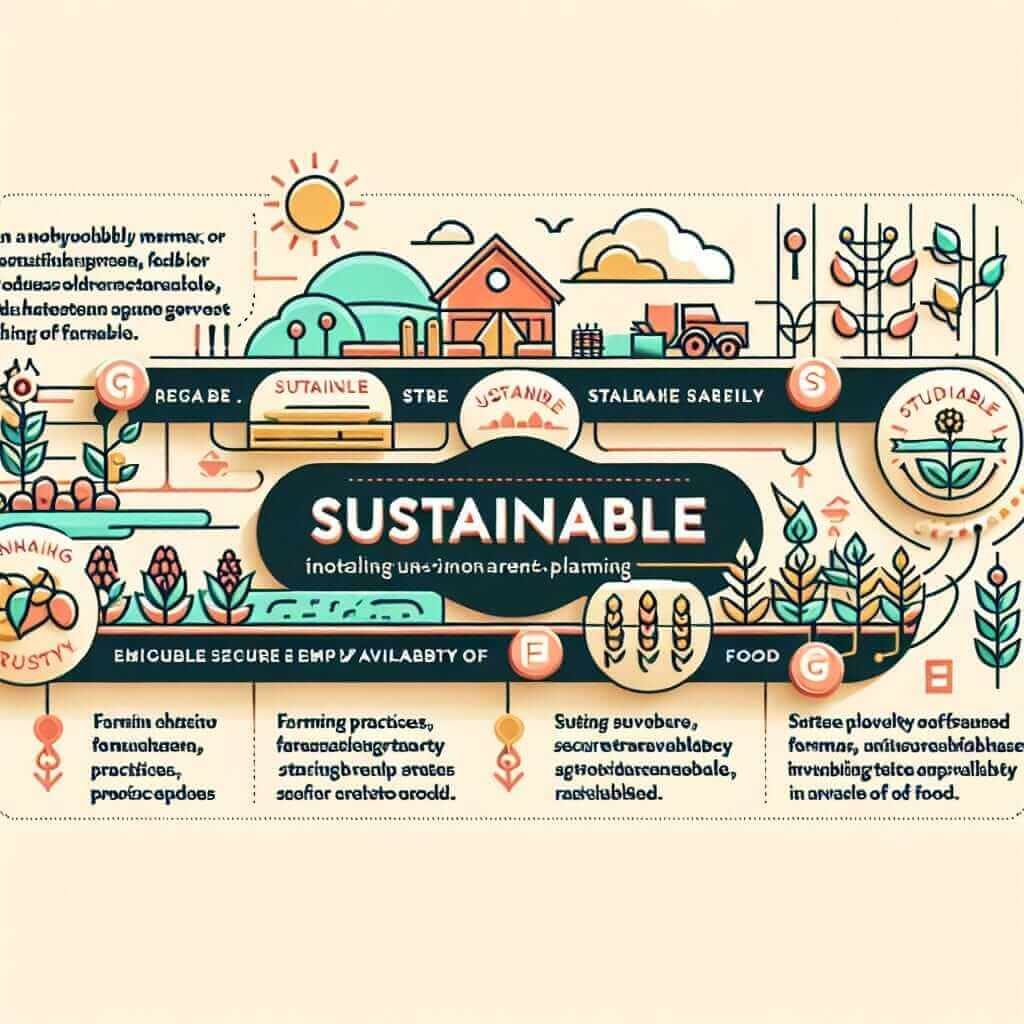As an IELTS instructor with over 20 years of experience, I’ve noticed a recurring theme in students’ questions: “What is ‘stress’ in IELTS Reading?”. This seemingly simple question actually unveils a crucial aspect of mastering the IELTS Reading section. “Stress,” in this context, isn’t about feeling pressure during the exam. It’s about understanding how word stress can help you decipher unfamiliar vocabulary and improve your reading comprehension.
The Significance of Word Stress in IELTS Reading
Word stress is the emphasis placed on a specific syllable within a word. English, unlike some other languages, doesn’t have consistent stress patterns. This can make it challenging for non-native speakers to instantly recognize words, especially in a timed exam environment.
However, mastering word stress can be your secret weapon in the IELTS Reading test. Here’s how:
1. Decoding Unfamiliar Words
Encountering unfamiliar vocabulary is inevitable in the IELTS Reading section. Understanding word stress can help you:
- Break down words: By identifying the stressed syllable, you can break down long words into smaller, more manageable chunks. This can give you clues about the word’s meaning, even if you haven’t encountered it before.
- Distinguish between similar-sounding words: English has many words that are spelled differently but sound similar when spoken, like “desert” (noun) and “desert” (verb). Paying attention to word stress helps differentiate between these words and understand the text accurately.
2. Enhancing Listening Comprehension
While this article focuses on reading, understanding word stress naturally benefits your listening skills too.
- Improved recognition: Correctly stressed words are easier to pick out in spoken language. This becomes invaluable in the IELTS Listening test, where you need to quickly process information.

Applying Word Stress to IELTS Reading Practice
Let’s look at a practical example from a sample IELTS Reading passage:
“The development of sustainable agriculture is crucial to ensuring food security for future generations.”
The word “sustainable” might seem daunting at first glance. However, knowing the stress falls on the second syllable (“tain”) makes it easier to pronounce and understand.
Tips for Mastering Word Stress
- Listen actively: Pay close attention to how native speakers emphasize syllables within words.
- Use online dictionaries: Online dictionaries often include audio pronunciations, clearly indicating word stress.
- Practice regularly: Incorporate word stress practice into your daily vocabulary learning routine.
Conclusion
Word stress might seem like a small detail, but its impact on your IELTS Reading score is significant. By understanding and applying the principles of word stress, you equip yourself with a valuable tool to decode unfamiliar vocabulary, improve comprehension, and ultimately achieve your desired IELTS score. Remember, consistent practice and a focus on active listening are key to mastering this essential element of the English language.